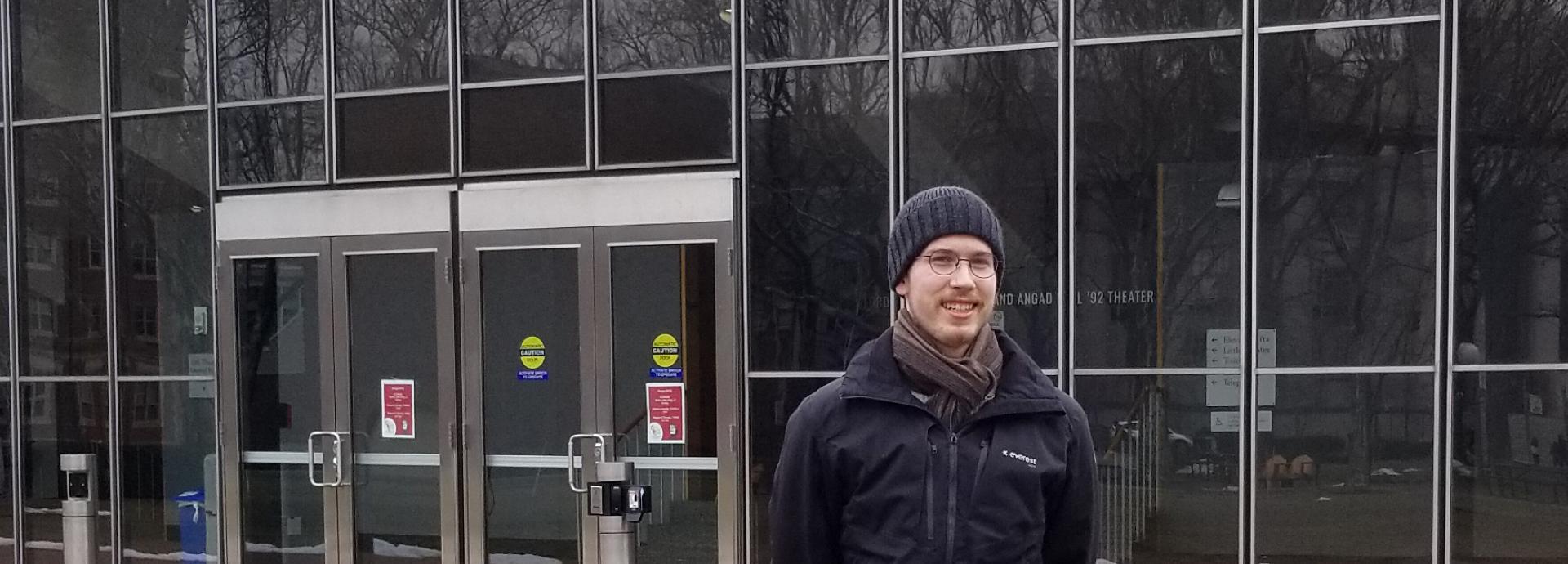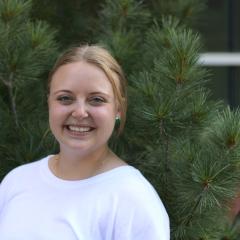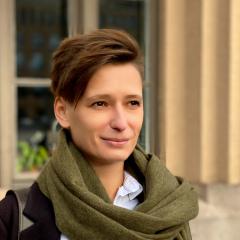

The changes are a two-five-one to F major, but instead, it resolves on A flat. I had a neat line planned beforehand, but I lost the idea halfway through, having to somehow make my way back to safety. I noodled something that sort of fit the harmony, charted the situation and landed on key once again with as much confidence as possible.
The ability to move on after making mistakes, stumbling without falling, is the most crucial skill in performing arts. After my first semester at MIT, I have started to realize how well it translates to other areas in life.
Solving problems with a single brush stroke
Like many others, I fell in love with mathematics during my high school years. This infatuation provides an extraordinarily important mindset: the search for generality. A particular problem is of no interest; what is sought after is a method to solve as many adjacent problems as possible with a single stroke of a brush.
An overt adaptation of this approach leads to “ad hoc” being the worst curse word imaginable. Adjusting to a specific situation is seen as a weakness in the original methodology. A point of giving up and trying another route.
This mindset alone wouldn’t have gotten me very far managing my way into the start of the semester, much less through it. Problems with getting a visa, managing schedules with my summer job and advanced standing exams, fixing the situation when I’m suddenly informed mid-semester that my proof for vaccination is insufficient and I’ve been locked out of campus – these couldn’t have been done without a lot of minor changes, solving small but important problems.
There was no greater generality to methodology: getting things out of the way was the main objective. Stumbling without falling.
Luckily, I wasn’t facing these problems alone. The Fulbright Finland Foundation provided crucial assistance in the visa process. Additionally, the Finnish Fulbright Welcome Network made integration into a foreign environment much easier.
Lessons from experimental physics
Once the situation stabilized a bit after the start of the semester, I started working in experimental condensed matter physics. Experimental physics provides a beautiful harmony of the two approaches: The subject matter at hand is extremely mathematically sophisticated. The tested theories seek, and often find, very great mathematical generalizations.
At the same time, for example in fabrication of the measurement apparatus, life is a lot less certain. Sometimes everything works as intended, mostly not. Experimental physicists often deal with technology they had to invent or heavily modify to serve their purpose. The ability to adapt to this uncertainty is what makes an experimentalist successful.
I must admit that the overarching theme had a role in my academic performance as well. I suppose many readers on this site shared some form of perfectionism in high school. That didn’t connect that well with one chemistry class I took this fall. Especially one midterm went not that well. But I didn’t fall, and ended up finishing that course adequately, although not excellently.
Up until now there have been stumbles, there have been generalizations, there has been jazz, there has been experimental physics in my studies at MIT. One year’s worth of courses are completed in a semester, and around three quarters of that I will try to complete in the next one. At least thus far I have avoided falling.
The photo is taken in front of the Kresge auditorium designed by Eero Saarinen. Photo by Alice Le.
Apply for the Fulbright Finland Undergraduate Grant by April 4, 2022!


